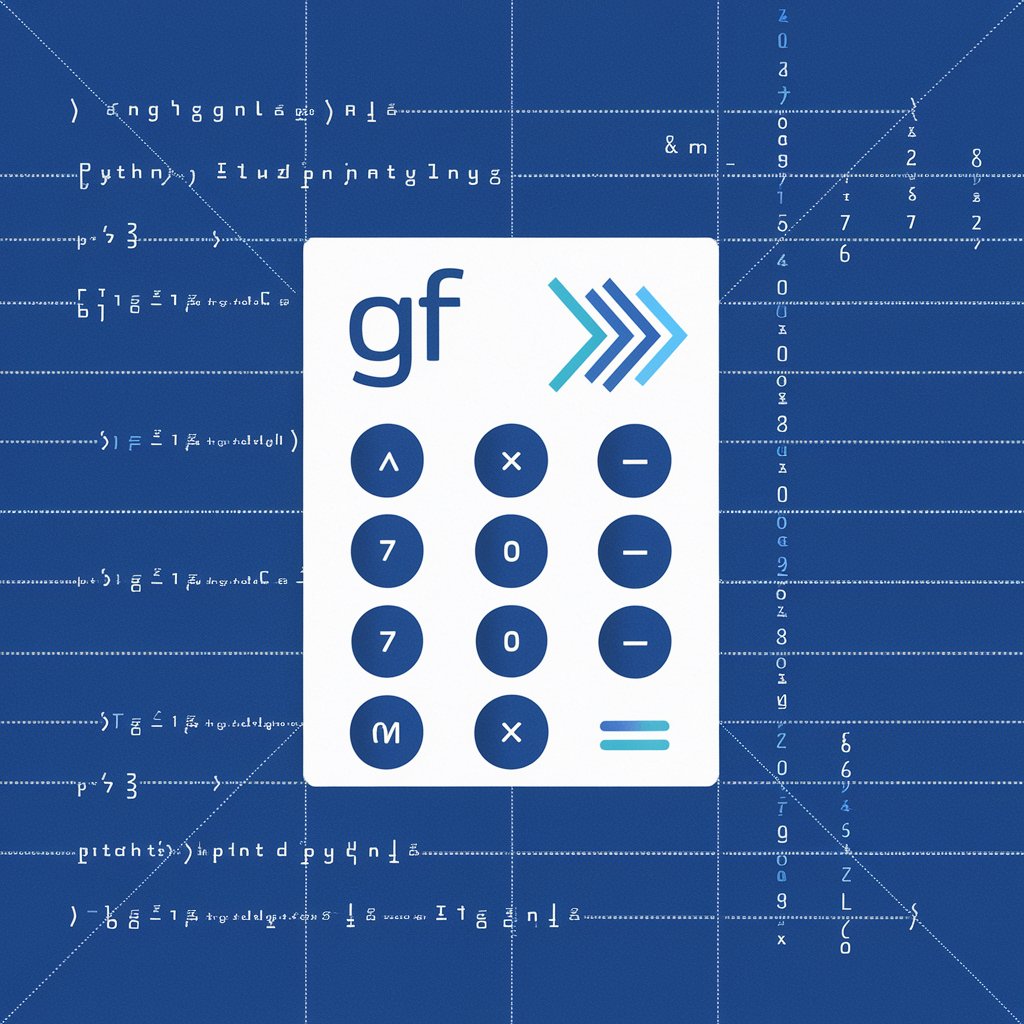
ANALISE DE CAUSA RAIZ - 5 PORQUÊs - Root Cause Analysis

Welcome to Root Cause Analysis with 5 Whys!
AI-powered Root Cause Discovery
Analyze the primary cause of recurring issues in our project monitoring data...
Identify the root cause of critical level indicators in our process metrics...
Evaluate the reasons behind human and material resource problems...
Explore opportunities to improve internal processes and resource utilization...
Get Embed Code
Introduction to ANALISE DE CAUSA RAIZ - 5 PORQUÊs
ANALISE DE CAUSA RAIZ - 5 PORQUÊs is a specialized tool designed to analyze software process indicators and team productivity within the Scrum process using the 5 Whys technique. It aims to identify the root causes of observed results, whether positive or negative, in project execution or process workflows. This approach ensures deep analysis to prevent negative outcomes or enhance positive ones by systematically asking 'why' five times or until the root cause is uncovered. For example, if a software development team notices a recurring issue with code quality, the 5 Whys technique would involve drilling down from the initial observation to the underlying reasons, such as insufficient code review processes or lack of adequate testing, ultimately leading to actionable insights for improvement. Powered by ChatGPT-4o。

Main Functions of ANALISE DE CAUSA RAIZ - 5 PORQUÊs
Root Cause Analysis
Example
Identifying the root cause of decreased sprint velocity in a development team.
Scenario
After a sprint review, a team notices a drop in velocity. By applying the 5 Whys, the team may discover that the root cause is not the apparent increase in workload but rather unclear user stories, leading to rework and delays.
Process Improvement
Example
Enhancing software deployment efficiency.
Scenario
A team experiences frequent delays in deployment. Through root cause analysis, it's discovered that manual deployment processes are the bottleneck. The situation leads to the implementation of automated deployment tools, significantly improving deployment times.
Performance Monitoring
Example
Tracking and analyzing sprint performance over time.
Scenario
Utilizing the tool to regularly monitor sprint outcomes, a team can identify patterns in performance dips or improvements, attributing these to specific changes or actions, fostering a culture of continuous improvement.
Actionable Insights Generation
Example
Creating targeted actions to address identified issues.
Scenario
Once a root cause is identified, such as inadequate testing leading to bugs, the tool helps in formulating specific actions, like enhancing the testing framework or introducing code review practices, to mitigate the issue.
Ideal Users of ANALISE DE CAUSA RAIZ - 5 PORQUÊs Services
Software Development Teams
Teams working within the Scrum framework who seek to improve their processes and productivity through detailed analysis of issues and opportunities. They benefit from identifying and addressing the root causes of problems impacting their work.
Project Managers
Project managers overseeing software development projects can use the tool to monitor project health, identify risks early, and implement corrective actions based on deep-rooted analysis.
Quality Assurance Professionals
QA professionals can leverage the tool to systematically identify defects' root causes, improving testing strategies and overall product quality.
Process Improvement Specialists
Specialists focused on optimizing operational efficiency can use the analysis to pinpoint inefficiencies and propose targeted improvements, leading to more effective and lean processes.

How to Use ANALISE DE CAUSA RAIZ - 5 PORQUÊs
1. Start Your Free Trial
Begin by visiting yeschat.ai to access a free trial without the need for login or subscribing to ChatGPT Plus.
2. Identify the Issue
Determine the specific problem or area of improvement within your software process or team productivity you wish to analyze.
3. Choose Your Analysis Model
Select from models such as 5 Whys, Ishikawa Diagram, Pareto Analysis, or GUT Matrix to structure your root cause analysis.
4. Conduct the Analysis
Apply the chosen model to drill down into the problem, asking 'why' iteratively or categorizing causes to uncover the root cause.
5. Plan and Implement Actions
Based on the root cause, devise corrective actions, document them, and assign responsibility for implementation.
Try other advanced and practical GPTs
Brand Strategist V1 (test)
Crafting Your Brand's Future with AI

Workflow Buddy
Streamlining Professional Tasks with AI

Nails
Empowering your nails with AI

遥人夢川(Haruto Yumekawa)
Bridging languages, connecting cultures.

Marketing
Empowering your marketing with AI

Kosher
Empowering Kosher Compliance with AI

GPT Sportberichte Vergleich
AI-powered sports betting insights

Content Craft Pro
Empowering words with AI creativity.

AI Radiologist
Revolutionizing Radiology with AI

SEO Meta Master
AI-powered SEO content enhancement

gf
Tailored math solutions, powered by AI

OptiSmile Dental Notes
Streamlining Dental Documentation with AI

Q&A about ANALISE DE CAUSA RAIZ - 5 PORQUÊs
What is ANALISE DE CAUSA RAIZ - 5 PORQUÊs?
It's a specialized AI tool designed for analyzing software process indicators and team productivity within the Scrum process, utilizing the 5 Whys technique for root cause analysis.
When should I use the 5 Whys analysis?
Use the 5 Whys when you encounter specific problems or areas for improvement in your projects or processes, especially after a Sprint Retrospective.
Can ANALISE DE CAUSA RAIZ handle complex analyses?
Yes, it can handle complex analyses by leveraging models like Ishikawa, Pareto, and GUT Matrix, beyond the basic 5 Whys, for in-depth exploration of issues.
How does ANALISE DE CAUSA RAIZ improve project outcomes?
By identifying and addressing the root causes of problems, it prevents recurrence, enhances processes, and ultimately improves project and operational outcomes.
Can I track the effectiveness of implemented actions?
Yes, the tool allows for the documentation and tracking of corrective actions to evaluate their effectiveness over time, ensuring continuous improvement.